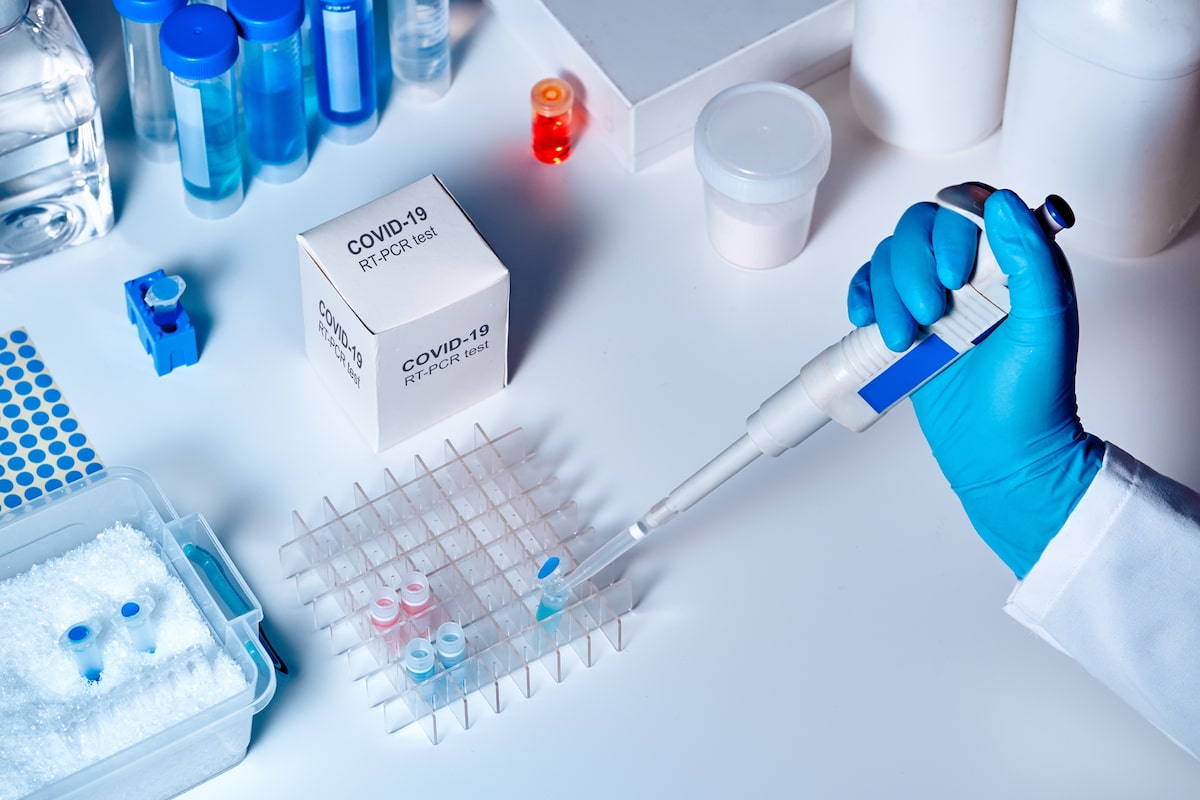<< Back
The Spike Protein and COVID-19: How a Vaccine Might Work

June 22, 2020
While scientists and researchers worldwide race to develop a vaccine in the fight against COVID-19, experts at Hartford HealthCare are encouraged by developments in the six months since the virus emerged.
Between 150 and 170 vaccines are currently in development around the world. At least 10 of those vaccines are in clinical trials being administered to humans. The vaccines are being tested to determine if they can prevent infection and whether they can do that safely.
“Vaccination could be a welcome addition to the SARS-CoV-2 toolkit,” says Dr. Stephanie Wright, chief of infectious disease at Hartford Hospital. “Vaccines can teach an immune system to attack a pathogen without subjecting people to the severe manifestations of the illness and possible death.”
So how do these vaccines work? A focus of many COVID-19 vaccines is the so-called spike protein, which is present in the COVID virus. The spike protein interacts with ACE2 proteins on human cells, facilitating infection of the cells, encouraging the virus to replicate and cause disease.
Several vaccines in development are aimed at exposing the body to spike protein and having the immune system recognize it as an antigen, or foreign. The immune system then develops a response with specialized white blood cells that are aimed at either destroying the virus or producing antibodies that will block infection by the virus when exposed to the real pathogen.
And the big question: When is a vaccine going to be a reality? Dr. Wright says the answer is uncertain.
“Trials are progressing,” she says. “At least 10 of the phase one trials have occurred and have gone on to phase two, where the delivery of the vaccine is expanded to include humans who are not only healthy but also have underlying conditions and are of all ages at risk for the viral infection.”
At least one vaccine is expected to enter phase three this summer and will be tested on an estimated 30,000 people. Experts are hoping for the best.
“It is possible if all goes well,” says Dr. Wright, “if the vaccine is immunogenic, if it is safe — it is feasible that possibly by early 2021 a vaccine might be available. There are many steps that need to be evaluated and followed to make sure that the vaccine is safe and vaccine is producing a desired effect on the immune system.”
Need to see your doctor? New Patient? For more information about Hartford HealthCare virtual health visits, click here.
Click here to schedule a virtual visit with a Hartford HealthCare-GoHealth Urgent care doctor.
Stay with Hartford HealthCare for everything you need to know about the coronavirus threat. Click here for information updated daily.
Questions? Call our 24-hour hotline (860.972.8100 or, toll-free, 833.621.0600).
Get text alerts by texting 31996 with COVID19 in the message field.